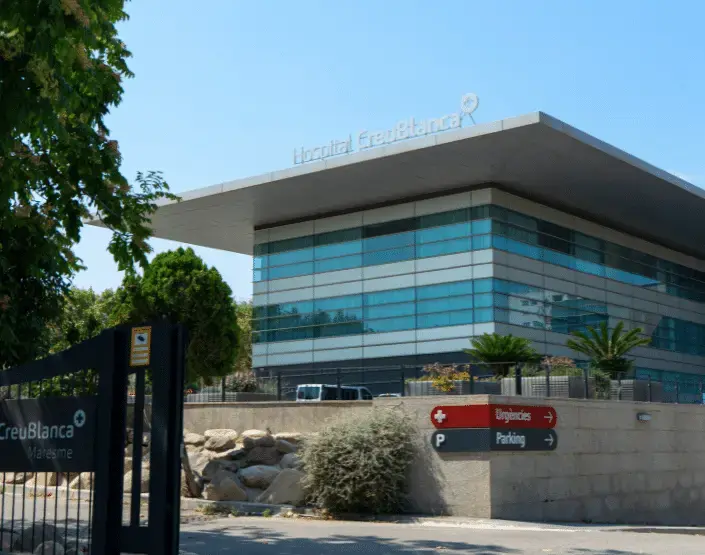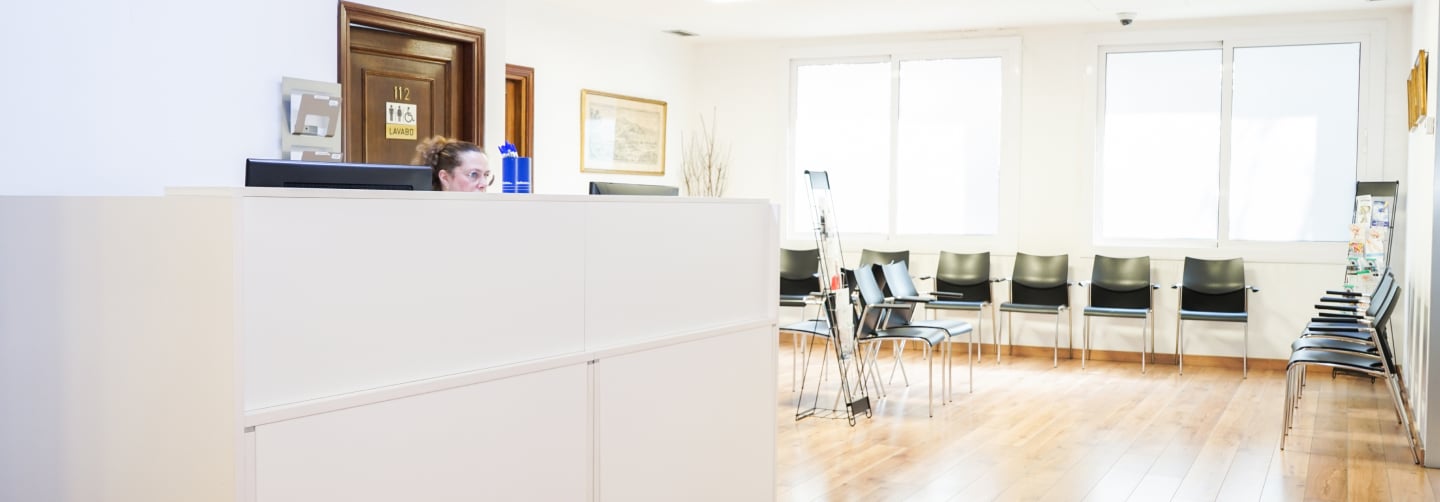What does it consist of?
The CT scan of the abdomen allows us to examine the set of organs (such as the pancreas, intestines, stomach, kidneys, among others), bones (the costal edge or the xiphoid process) and tissues or muscles (such as the obliques and transversus abdominis), among other things. zones. This CT can detect bone trauma, abdominal pain or intestinal bleeding.
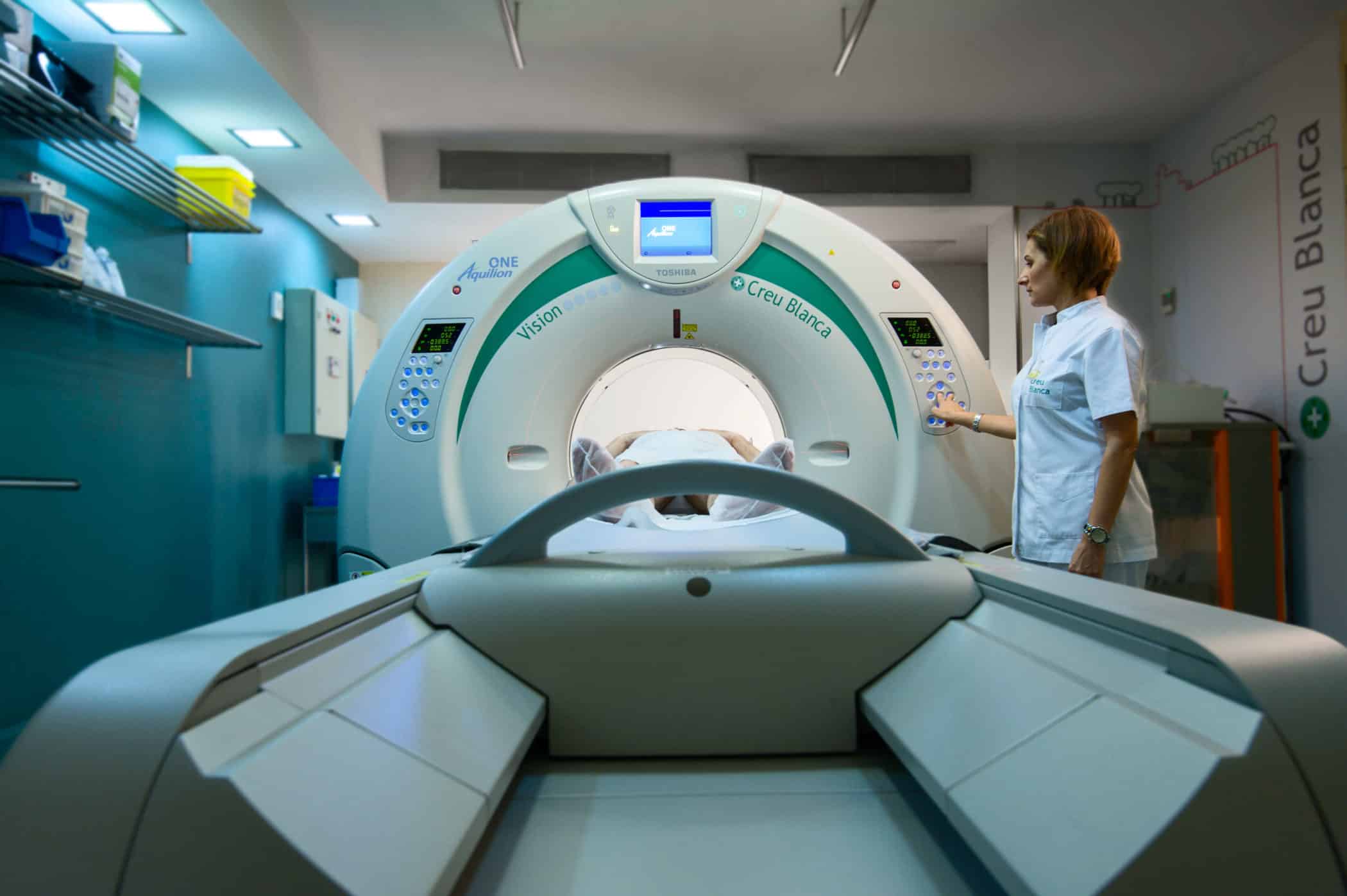
Preparation for the test
Instructions
- Fasting: It is not necessary that you go fasting.
- Contrast management: Contrast will be administered to better define the images.
- Hydration: It is recommended that you come to the test well hydrated, having drunk at least one liter of water during the ten hours prior to the study. This makes it easier to remove the contrast from the body.
- Metallic objects: The technician will give you the necessary instructions, provide you with a gown, and ask you to remove any metallic objects (jewelry, watches, piercings, hairpins, mobile phones, dental prostheses, and hearing aids).
- Cardiac devices: It is important that you inform the technician about any device that you have implanted in your body (pacemakers, electrodes and clips from previous surgeries).
Medical professionals
The specialists who will assist you at CreuBlanca
A team of professionals to take care of you.
Related articles
CreuBlanca's blog
You will find advice from our professionals on how to improve your health and information on the latest technologies applied in the medical health sector.
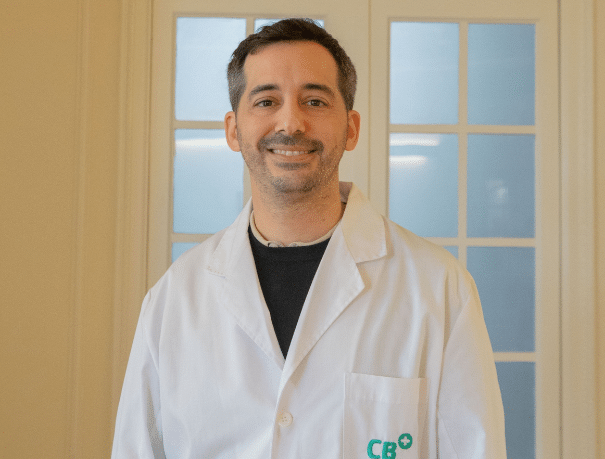 CreuBlanca
CreuBlanca
11 Feb 2026
2 Min
A Day with Dr. Garnica in the Operating Room: Inside Plastic and Reconstructive Surgery at CreuBlanca
Discover a day in the operating room at CreuBlanca and how our Plastic and Reconstructive Surgery team combines experience, technology, and human care.
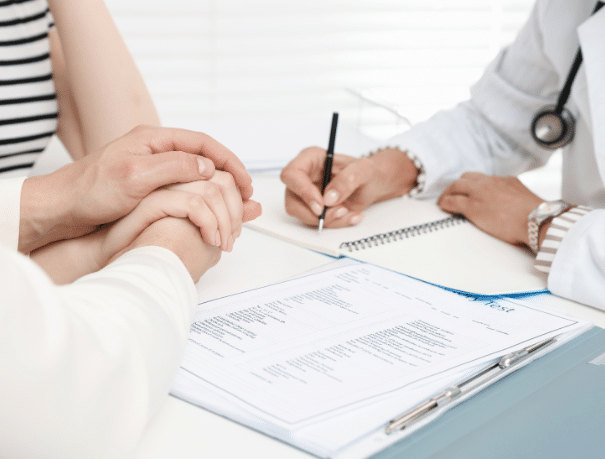 CreuBlanca
CreuBlanca
06 Feb 2026
4 Min
First Visit in Reproductive Medicine: How to Start the Process and What to Expect
Discover what the first visit in Reproductive Medicine is like, which tests are performed and how to start the process with specialised medical support.
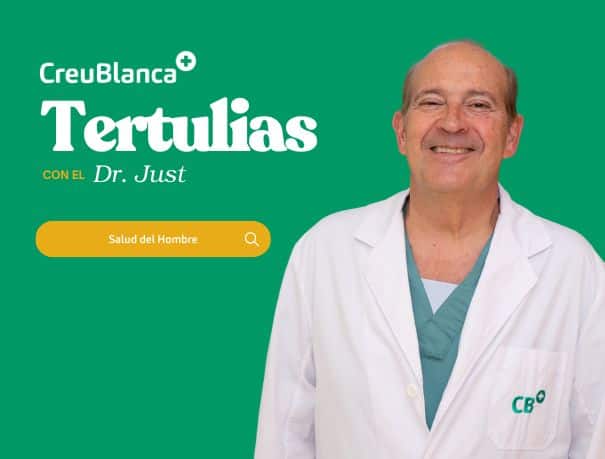 Health tips
Health tips
16 Jan 2026
1 Min
Men’s health | CreuBlanca Talks
In this new episode of CreuBlanca Talks, we talk about Helicobacter pylori: what it is, how it’s detected, and why good nutrition is key during treatment.

